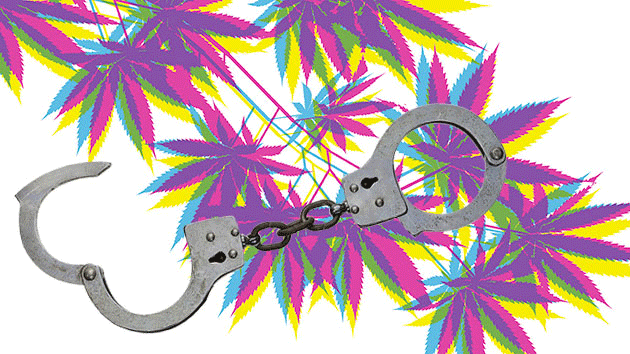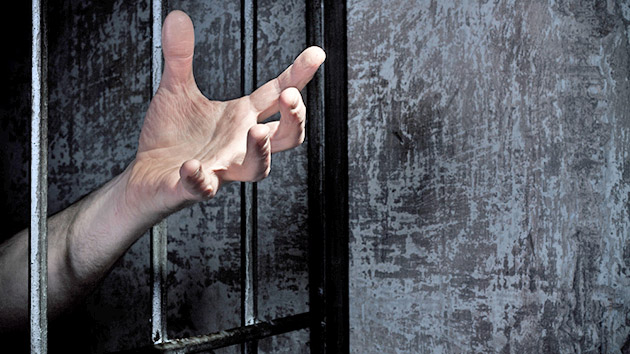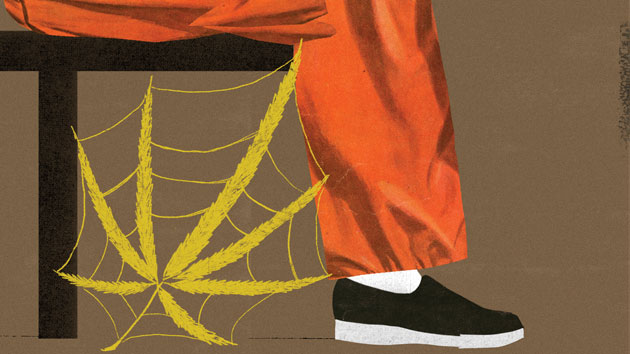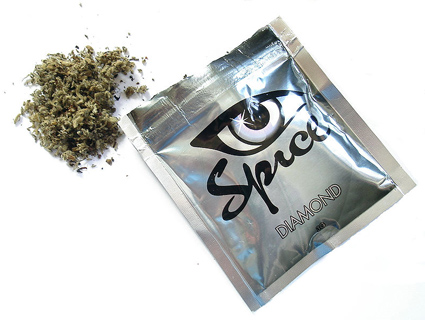
Dozens of pot lifers remain behind bars.Pot leaf: Atypeek/iStockphoto, Handcuffs: TokenPhoto/iStockphoto
Marine veteran William “Billy” Ervin Dekle, 66, used to fly planeloads of weed into South Florida in the 1970s and ’80s in his single-prop airplane. Charlie Cundiff, now approaching 70, had two minor priors for growing and possessing marijuana before he got caught up in a pot sting in Tallahassee in 1991. Both men have been behind bars since the early 1990s after getting life sentences for conspiracy to distribute a substance that’s now legal in some form in 23 states and Washington, DC.
On Friday, Dekle and Cundiff were among the 95 nonviolent drug offenders granted clemency by the Obama administration as part of its efforts to reduce the federal inmate population and give relief to those sentenced under the war on drugs. Today’s commutations are more than twice as many as he announced last March, which were the most granted at a single time since Lyndon B. Johnson.
As Mother Jones has reported, at least 69 people have been sentenced to life without parole for marijuana crimes, sometimes with charges as insignificant as serving as go-betweens in the sale of minor quantities of marijuana to undercover police officers—as in the case of Fate Vincent Winslow, a homeless man who provided two $10 bags of weed in exchange for a $5 commission he intended to use to get something to eat.
While today’s announcements are a step in the right direction for the administration’s intention to reduce harsh sentences for drug offenders, it’s a far cry from the 10,000 prisoners who former Attorney General Eric Holder said “were potentially going to be released” under the new clemency initiative announced in 2011. For Winslow, the dozens of other pot lifers, the 95,000 federal drug offenders, and the more than 35,000 inmates who have applied for clemency relief, today’s news will be met with disappointment.
“For an activist like me who works with marijuana lifers and who has been working directly with these two men, the news does not get much better than this,” says Cheri Sicard, former vice president of the CAN-DO Foundation, an advocacy group for nonviolent drug offenders. “At the same time, I am deeply disappointed for the many marijuana lifers left behind. I am in regular contact with them and their families, and I know the anticipation that comes with waiting for the clemency announcements, as well as the subsequent devastating blow it is to not see their names on the list.”
Today’s announcement brings Obama’s clemency total to 91 pardons and 159 commutations. To put those numbers in perspective, federal prisons hold approximately 200,000 people. “We take President Obama at his word that there is no ceiling on the number of commutations he will grant before leaving office,” said Norman L. Reimer, executive director of the National Association of Criminal Defense Lawyers, in a statement Friday. “And so while we are grateful for every single commutation, there are many hundreds more who deserve relief. We urge the President to confound the skeptics by making 2016 an historic year for clemency grants.”
Dekle and Cundiff will first be sent to lower-security prisons and then to halfway houses to begin their transitions before being released from Federal Bureau of Prisons custody. The process is expected to take four months. Meanwhile, as the Washington Post reported this morning, lawmakers in Congress are debating several bills aimed at changing sentencing laws.













